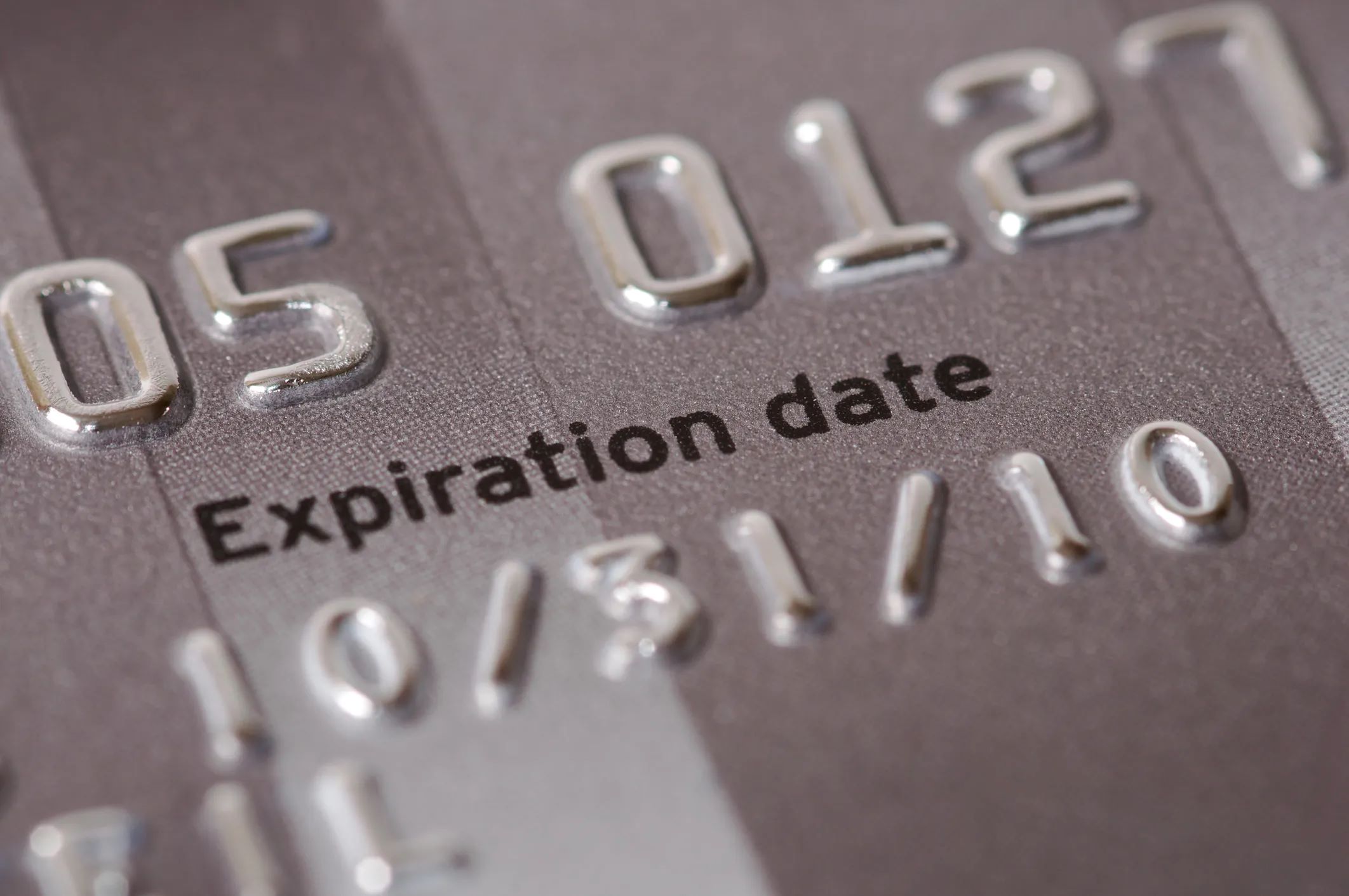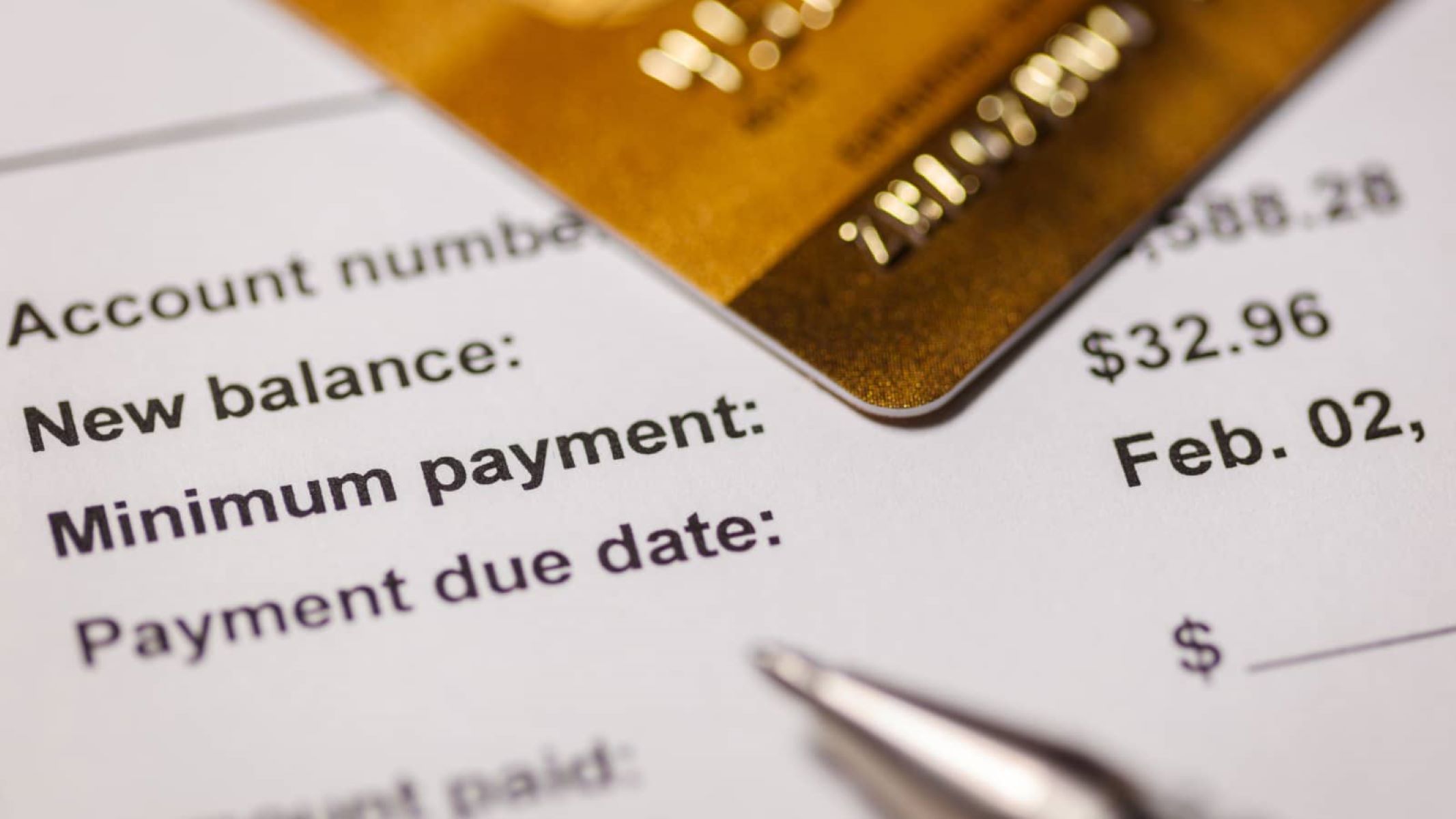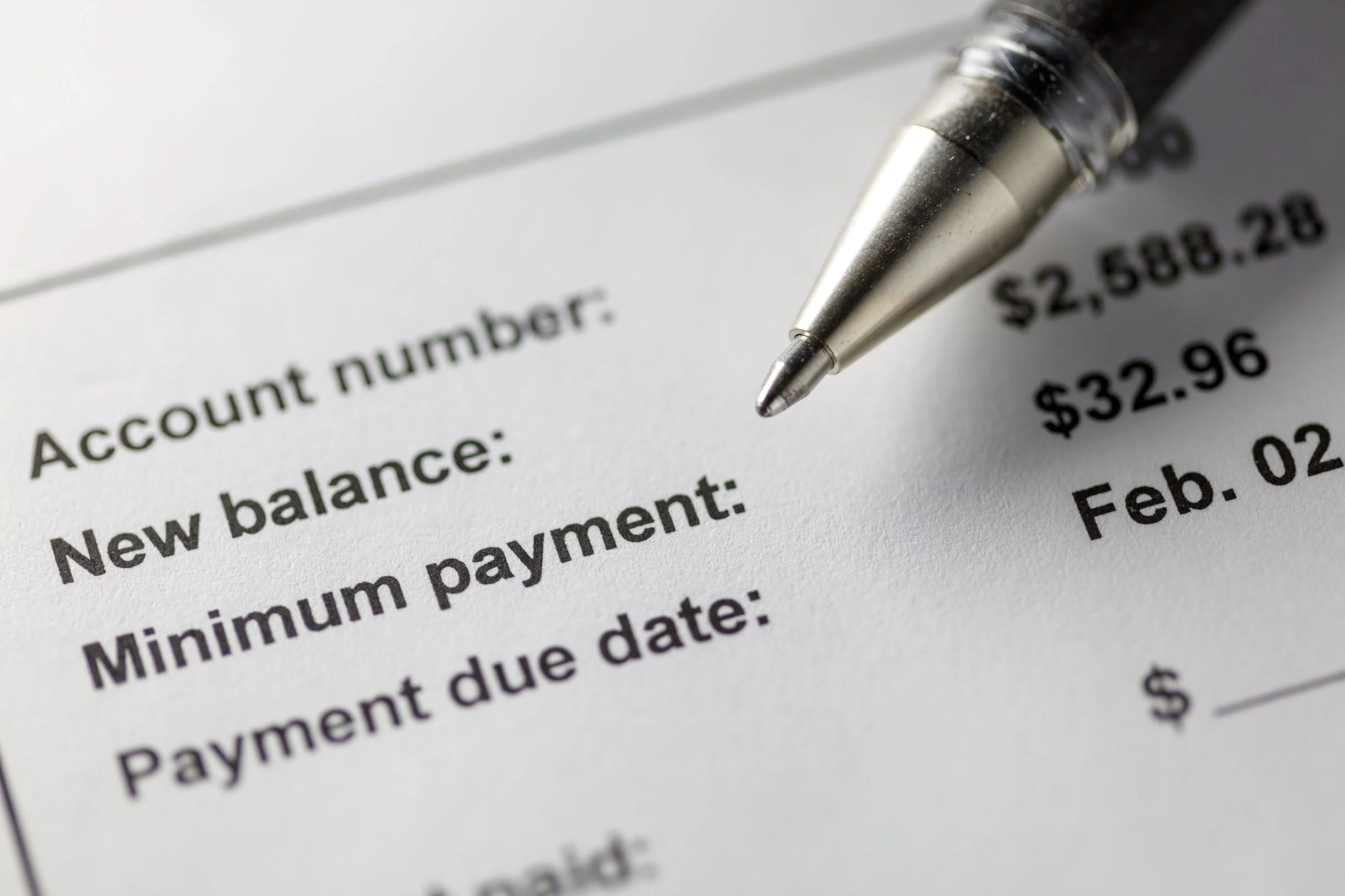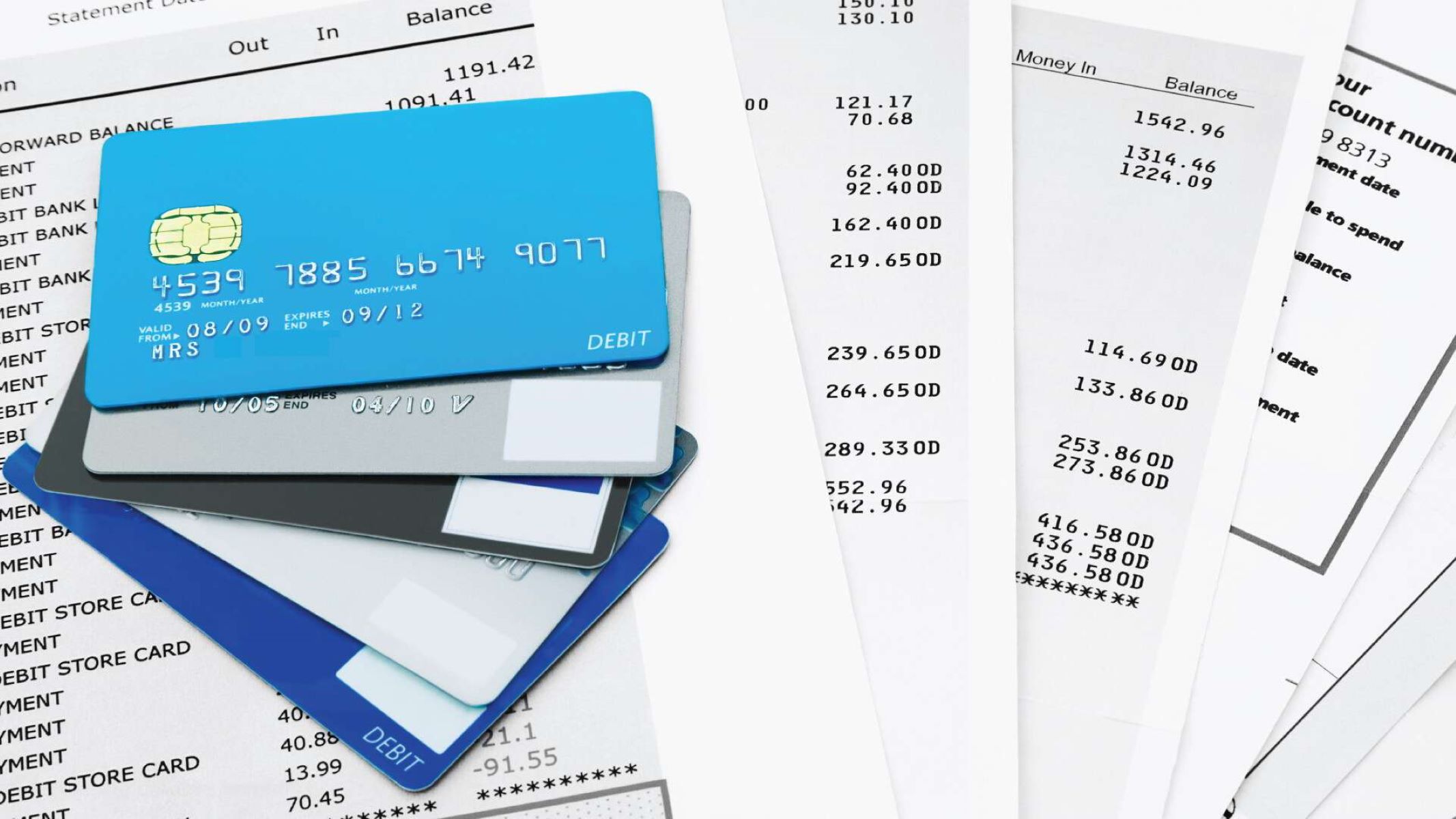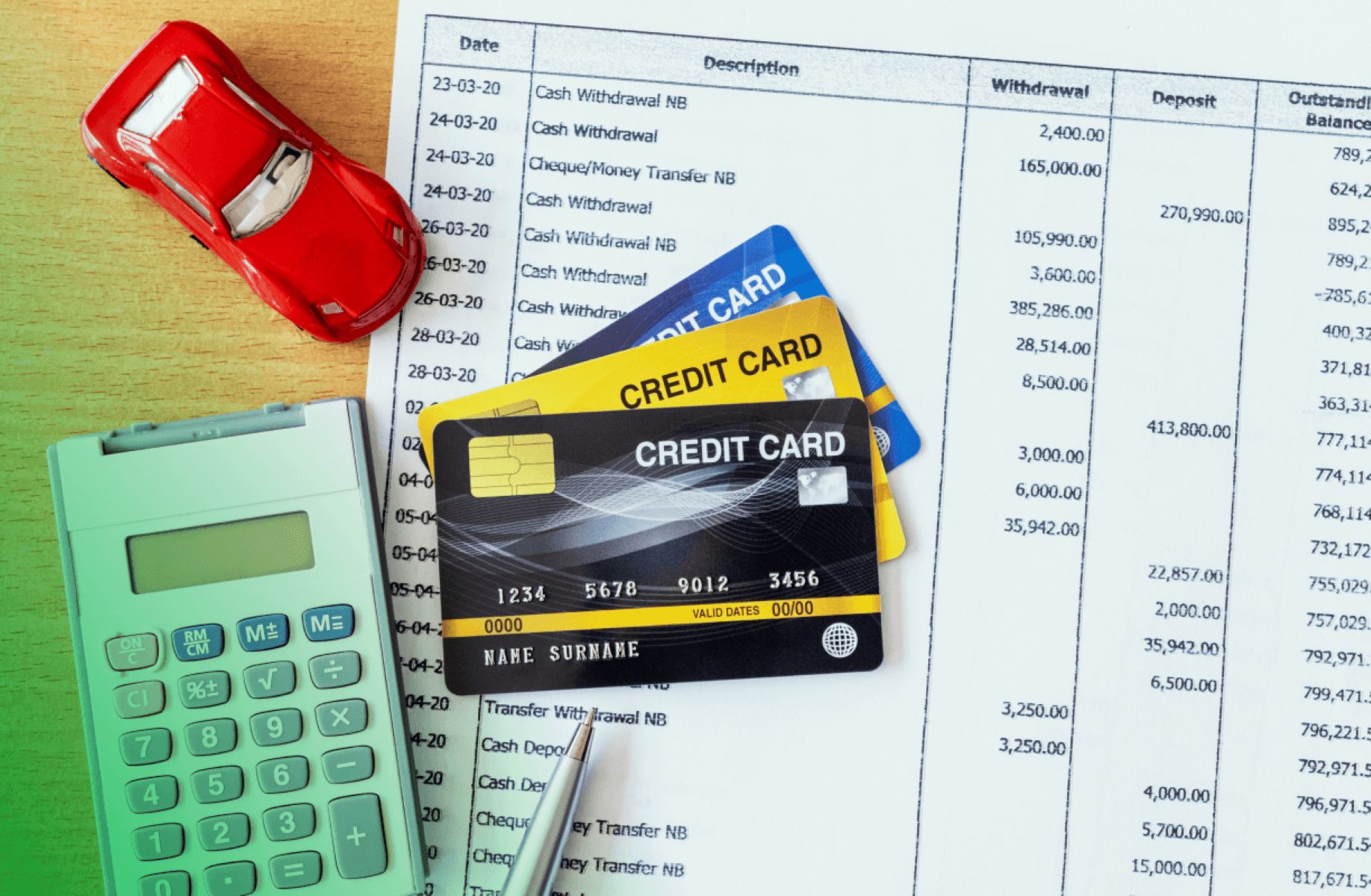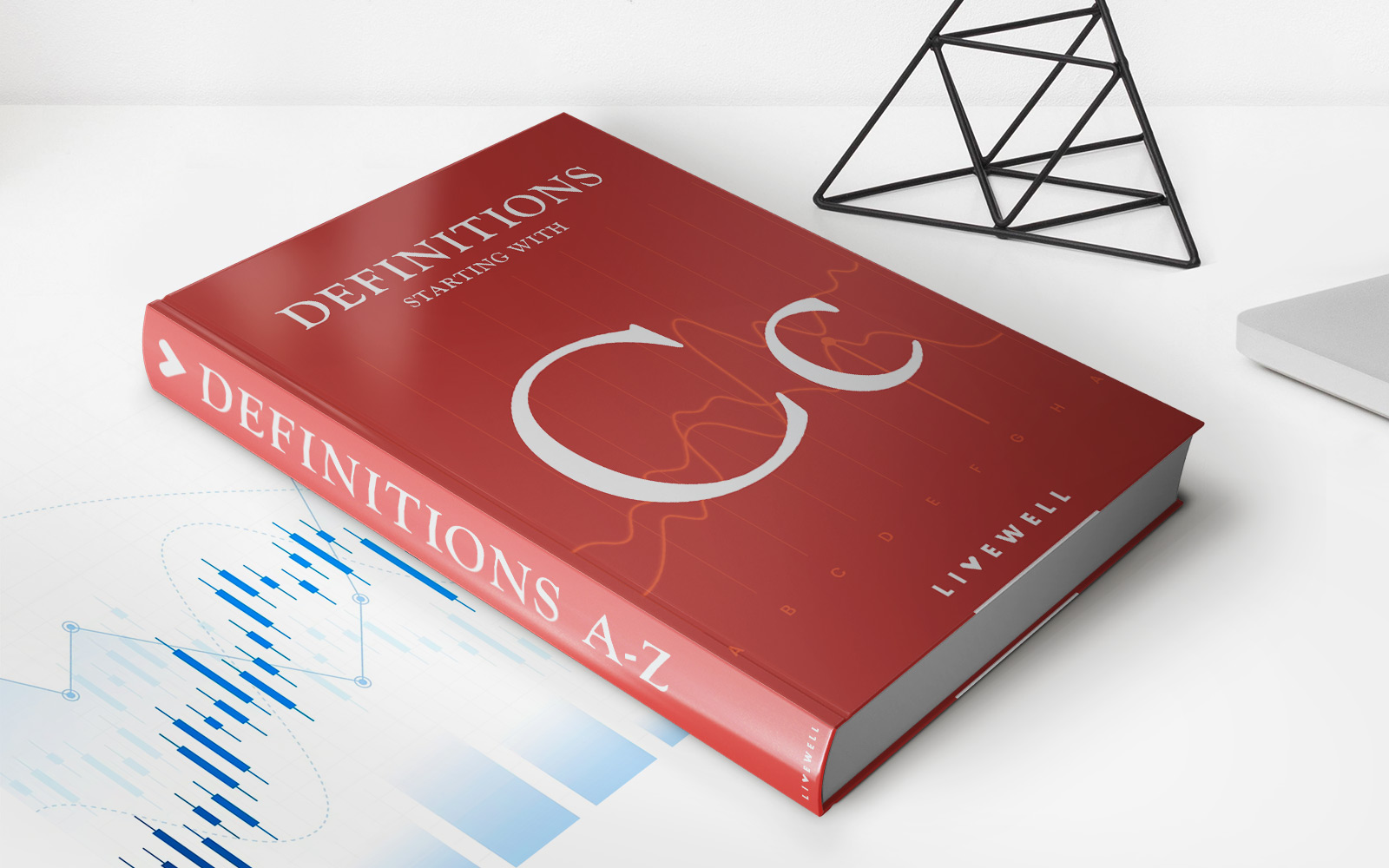

Finance
When Is The Closing Date For Credit Card
Modified: March 1, 2024
Find out the closing date for credit card payments and manage your finances effectively. Stay updated on the deadline for clearing your credit card dues to avoid penalties.
(Many of the links in this article redirect to a specific reviewed product. Your purchase of these products through affiliate links helps to generate commission for LiveWell, at no extra cost. Learn more)
Table of Contents
Introduction
Welcome to the world of credit cards, where managing your finances becomes a breeze and convenience is at your fingertips. Amidst the excitement of selecting the perfect credit card, it’s essential to understand the various aspects that come with it. One such critical element is the credit card closing date.
The closing date, also known as the statement closing date, is a significant date in the billing cycle of your credit card. It marks the end of a specific period during which all your transactions, purchases, and payments are recorded. Understanding the closing date and its implications will empower you to make better financial decisions and manage your credit card effectively.
In this article, we will delve deeper into the concept of credit card closing dates. We will explore the factors that determine a closing date, the importance of this date, and how you can find the closing date for your specific credit card. So, let’s get started and unravel the mystery behind credit card closing dates!
Understanding Credit Card Closing Dates
Before we dive into the specifics of credit card closing dates, let’s first understand what they actually represent. The closing date, also known as the statement closing date, is the last day of your credit card billing cycle. It is the date when your credit card statement is generated, reflecting your transactions and account activity during that billing cycle.
During your billing cycle, which typically lasts for a month, every transaction you make using your credit card is recorded. This includes purchases, cash advances, and any fees or interest charges that may have been incurred. The closing date is important because it marks the end of this billing cycle, and any activity after this date will be considered part of the next billing cycle.
Once the closing date passes, your credit card issuer prepares your statement based on the transactions that occurred during that cycle. The statement will include details such as your total balance, the minimum payment amount due, and the due date for the upcoming payment.
It’s worth mentioning that the closing date is separate from the payment due date. The payment due date is the deadline by which you must make at least the minimum payment to avoid late fees and penalties. On the other hand, the closing date is purely for accounting purposes and does not directly impact your payment obligations.
Now that we understand the basic concept of credit card closing dates, let’s explore the factors that determine when a credit card’s closing date occurs.
Factors That Determine a Credit Card Closing Date
The specific closing date of a credit card can vary depending on various factors, including the credit card issuer’s policies and the type of credit card you hold. While some credit card issuers have a fixed closing date for all their cardholders, others may assign different closing dates to different customers. Here are some key factors that determine a credit card’s closing date:
- Billing Cycle: Each credit card has a defined billing cycle, which is the period during which your transactions are recorded. Common billing cycles can range anywhere from 28 to 31 days. The closing date marks the end of this billing cycle.
- Account Opening Date: In some cases, the closing date of a credit card may be determined based on the date you opened your account. For example, if your account was opened on the 15th of the month, your closing date might fall around the 15th of each subsequent month.
- Card Activation Date: For newly issued credit cards, the closing date may be set based on the date of activation. If you activate your card on a specific day of the month, that day may become your closing date going forward.
- Issuer’s Policies: Each credit card issuer may have its own policies and guidelines for assigning closing dates. These policies can vary from one issuer to another and may be subject to change. It is important to review the terms and conditions provided by your credit card issuer to understand how they determine the closing date for your specific credit card.
It is important to note that the closing date is not something you can change or control. It is an internal process of your credit card issuer and is predetermined based on the factors mentioned above. However, by understanding when your closing date occurs, you can better manage your credit card activity and ensure that your payments are made on time.
Now that we have discussed the factors that determine a credit card’s closing date, let’s explore why this date is important and how it can impact your credit card usage.
Why the Closing Date Matters
The closing date of your credit card may seem like a mundane detail, but it holds significant importance when it comes to managing your credit card effectively. Here are a few reasons why the closing date matters:
- Transaction Recording: The closing date marks the end of your billing cycle, and all transactions made with your credit card during that cycle are recorded. This includes purchases, cash advances, and any fees or interest charges that may have been incurred. It is important to be aware of this date so that you can keep track of your spending and budget accordingly.
- Statement Generation: After the closing date, your credit card issuer generates your credit card statement. This statement provides a detailed summary of your transactions and account activity during the billing cycle. It is crucial to review this statement thoroughly to ensure its accuracy and identify any unauthorized charges or errors.
- Payment Due Date Calculation: The closing date is used to calculate your payment due date. Once your statement is generated, it typically gives you a grace period of a few weeks before your payment is due. Understanding your closing date helps you anticipate when your statement will be generated and allows you to plan your payments accordingly.
- Interest Charges: The closing date is also important for calculating interest charges on your credit card balance. If you carry a balance from one billing cycle to the next, your credit card issuer will charge interest on that amount. By knowing your closing date, you can strategically time your payments to minimize interest charges.
- Budget Planning: Being aware of your closing date can help you better plan your monthly budget. By knowing when your statement will be generated and when your payment is due, you can align your expenses and income accordingly. This ensures that you have enough funds available to make your credit card payment by the due date.
By understanding why the closing date matters, you can stay on top of your credit card activity, avoid late payments, and make more informed financial decisions. Next, let’s explore how you can find the closing date for your specific credit card.
How to Find Your Credit Card’s Closing Date
Locating the closing date of your credit card is relatively straightforward. Here are a few ways to find your credit card’s closing date:
- Check Your Statement: Your credit card statement is a valuable source of information, including the closing date. Look for the section on your statement that mentions the billing cycle dates or the statement period. The closing date is typically mentioned alongside these details.
- Online Account Management: Most credit card issuers provide online account management portals or mobile apps that allow you to access your account information. Log in to your online account and navigate to the billing or statement section. You should find the closing date mentioned there.
- Contact Customer Service: If you’re unable to locate your credit card’s closing date through the methods mentioned above, you can always reach out to the customer service department of your credit card issuer. They will be able to provide you with the closing date and any additional information you may require.
It’s important to note that the closing date may not be mentioned in the same format for all credit card issuers. Some may display it as a specific date (e.g., the 15th of every month), while others may mention it as the number of days after the end of the billing cycle (e.g., 7 days after the end of the billing cycle). If you’re unsure about how your closing date is presented, refer to the credit card issuer’s terms and conditions or contact customer service for clarification.
Now that you know how to find your credit card’s closing date, it’s crucial to manage your credit card payments effectively. Let’s explore some tips to help you stay on top of your credit card payments.
Tips for Managing Your Credit Card Payments
Managing credit card payments effectively is essential to maintain a healthy financial life and avoid unnecessary debt. Here are some tips to help you stay on top of your credit card payments:
- Set Payment Reminders: Utilize smartphone reminders, calendar alerts, or set up automatic payments to ensure you never miss a payment. By making timely payments, you can avoid late fees and maintain a good credit score.
- Create a Budget: Establish a monthly budget that includes your credit card payment. Monitor your spending and ensure that you allocate enough funds to make your payment comfortably. This will help you avoid overspending and accumulating unnecessary debt.
- Pay More Than the Minimum Payment: Whenever possible, try to pay more than the minimum payment required. By doing so, you can reduce the interest charges and pay off your balance faster. Paying only the minimum payment prolongs the time it takes to repay your debt and increases the total interest paid.
- Pay On Time: Make it a priority to always pay your credit card bill on time. Late payments not only incur late fees but also negatively impact your credit score. Set up automatic payments or avoid waiting until the last minute to make your payment to ensure it arrives before the due date.
- Monitor Your Statements: Regularly review your credit card statements to identify any errors, unauthorized charges, or fraudulent activity. If you notice anything suspicious, contact your credit card issuer immediately to report the issue.
In addition to these tips, it’s important to understand your credit card’s terms and conditions, such as the interest rate, annual fees, and any rewards or benefits offered. This knowledge will enable you to make informed decisions and take full advantage of your credit card’s features.
Remember, responsible credit card usage is key to building and maintaining a strong financial foundation. Use your credit card wisely, make timely payments, and keep your overall credit utilization ratio low to benefit from the convenience and financial flexibility that credit cards offer.
Now that we have covered some essential tips for managing credit card payments, let’s wrap up our discussion on credit card closing dates.
Conclusion
Understanding the concept of credit card closing dates is crucial for effectively managing your credit card usage and maintaining control over your finances. The closing date represents the end of the billing cycle, and it plays a significant role in generating your credit card statement, calculating your payment due date, and determining interest charges. By staying informed about your closing date, you can stay organized, avoid late payments, and make smarter financial decisions.
Remember to find your credit card’s closing date by checking your statement, accessing your online account, or contacting your credit card issuer’s customer service if needed. Take advantage of technology to set reminders and establish a budget that includes credit card payments. Paying more than the minimum payment and monitoring your statements regularly are also essential steps to maintain a healthy credit card balance.
Ultimately, responsible credit card usage and effective management of credit card payments can help you avoid unnecessary debt, maintain a good credit score, and enjoy the benefits and conveniences that credit cards can provide. By staying on top of your credit card’s closing date and following these tips, you can confidently navigate the world of credit cards and achieve financial success.
So, take control of your credit card and harness its potential to enhance your financial well-being. Start by understanding your credit card’s closing date, and let it be the cornerstone of your smart financial management.
